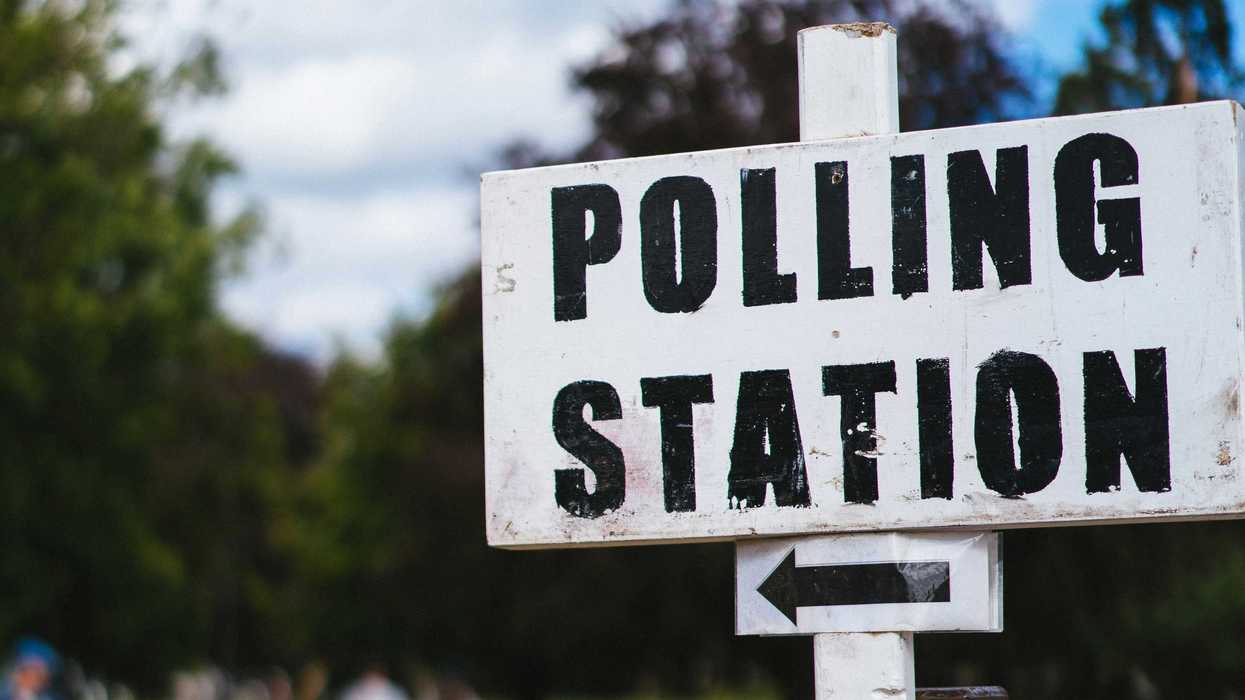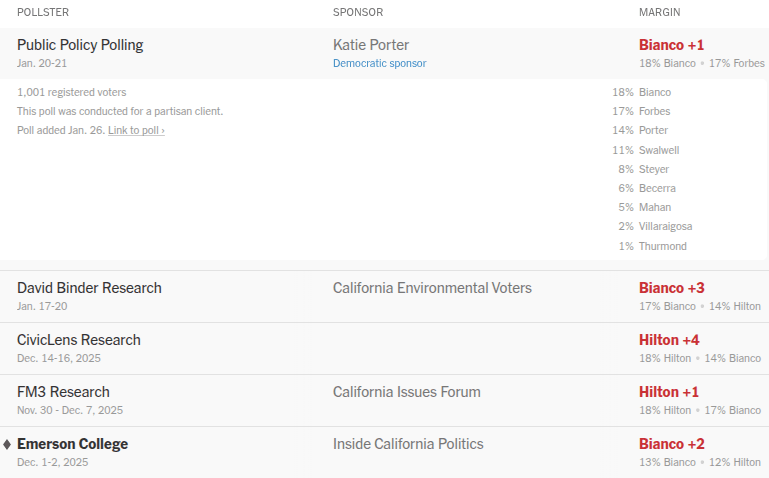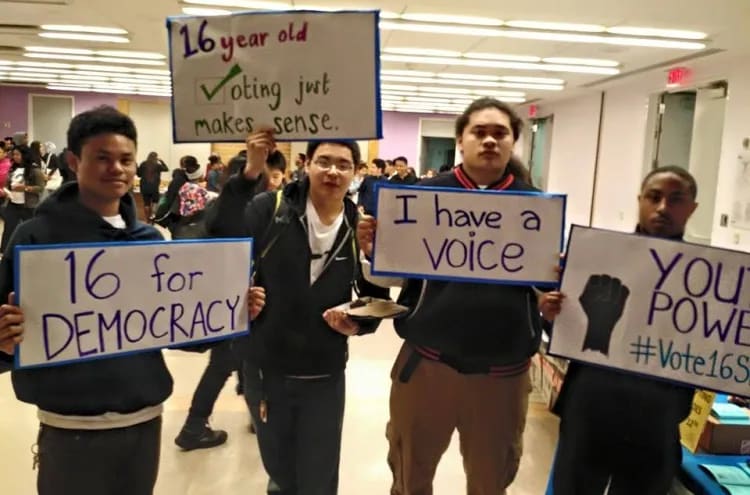Nothing seems to work smoothly when it comes to elections in North Carolina. Just this year, for example, ballot fraud mandated the rare do over of a congressional election and the courts ordered yet another remapping of gerrymandered political boundaries.
Now comes another problem: The potential failure to properly certify new election systems.
Academics, advocates and some members of the state Board of Elections have questioned whether the board has properly reviewed the source code and security capabilities for three election systems, particularly the ExpressVote machines produced by ES&S, reports WRAL.
Concerns about the ES&S system center on its use of a touchscreen that produces a bar code printout, which is then read by another machine. This satisfies a state law that requires a paper verification, but does not assuage concerns about the system's security. Opponents prefer a hand-marked ballot.
Interested parties say they have been asking for answers to their questions for a number of weeks. Karen Brinson-Bell, executive director of the Board of Elections, emailed county officials to say she would have answers at a board meeting next week.
"The lack of response to date is irresponsible, given that the questions have been swirling for at least three weeks," Marilyn Marks, founder of the Coalition for Good Governance, wrote to the board. "Obviously, if the legally mandated certification work had been performed, documentation would have been produced weeks ago."






















